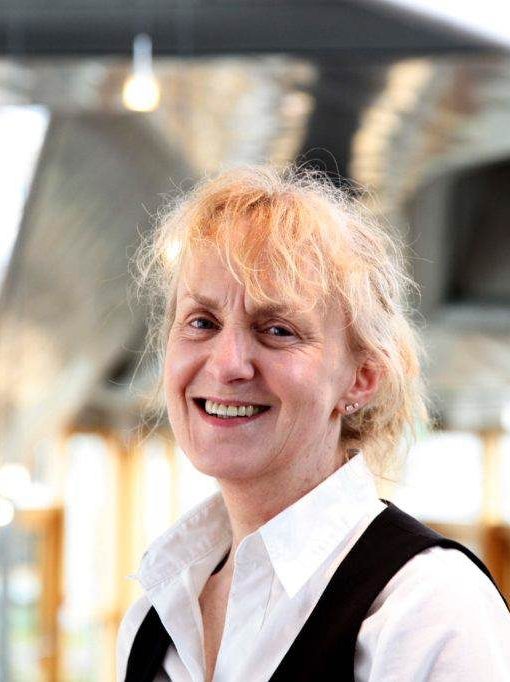
When someone dies, managing their estate can be a complex and time consuming process. Executors are responsible for thoroughly investigating the extent of the deceased person’s estate. If there is any suggestion or information, no matter how elderly, that the deceased had assets or investments, the executor must try to discover the details or verify that the account had already been closed before the holder died. Missing assets might include items such as building society accounts, National Savings and Investments, shares, bank accounts and pensions.
This article provides guidance on :
- how to find these missing assets
- the resources available to help and
- preventative measures to avoid such difficulties in the future.
Identifying potential missing assets
To effectively locate missing assets, it is essential to identify all possible sources. Common types of assets that may be overlooked include:
- old investments and shares: stocks, bonds, mutual funds and other investment vehicles
- bank accounts: savings, current and fixed-term accounts held with various banks
- building society accounts: savings and investment accounts with building societies
- National Savings and Investments (NS&I): certificates of deposit and other savings products
- pensions: private, occupational and personal pension schemes
- other assets: insurance policies, digital assets and valuable personal property
Where to look for missing assets – available help and resources
Finding missing assets requires a systematic approach. Here are some strategies to help you locate these assets:
- online resources: utilise online databases specifically designed to track unclaimed assets; for example https://www.theia.org/unclaimedassets – the Investment Association offers a free service to find unclaimed assets, dormant accounts and similar
- lost pensions: – there may be pensions from different employers which have been lost through time because the institutions holding these were not notified of something as common as a change of address; the United Kingdom government pension search tool, enables the contact details of the provider to be found so that they in turn may be approached directly. In addition the Pension Tracing Service is free and can be contacted by telephone or in writing
- contact financial institutions: reach out directly to banks, building societies and investment firms to inquire about any accounts or investments held in the deceased’s name providing any account numbers if known and previous addresses
- professional assistance: consider hiring a solicitor or financial adviser who specialises in estate management to assist in the search
Preventative measures to avoid future difficulties
To minimise the chance of missing assets in the future, consider implementing the following measures:
- organising and maintaining records: keep detailed records of all financial accounts, investments and assets, including account numbers and contact information. People are much more mobile these days and are likely to move job and house several times during the course of their lives
- regular financial reviews: conduct periodic reviews of financial holdings to ensure all assets are accounted for and up to date
- estate planning strategies: develop a comprehensive estate plan that includes a clear inventory of assets and instructions for their distribution
Conclusion
Locating missing assets is a critical step in winding up an estate, ensuring that all the deceased’s financial interests are appropriately managed and distributed. By utilising available resources, seeking professional assistance and implementing preventative measures, the complexities of estate management can be navigated more effectively. For further assistance or to discuss your specific needs, contact Quill Legal today

Kay Blaikie
Principal of the Firm
Get in touch with me when you need reliable legal advice on any aspect of Executries, Wills, Powers of Attorney and Notarial services.
Email: kay@quilllegal.co.uk
Telephone: 0131 564 1044